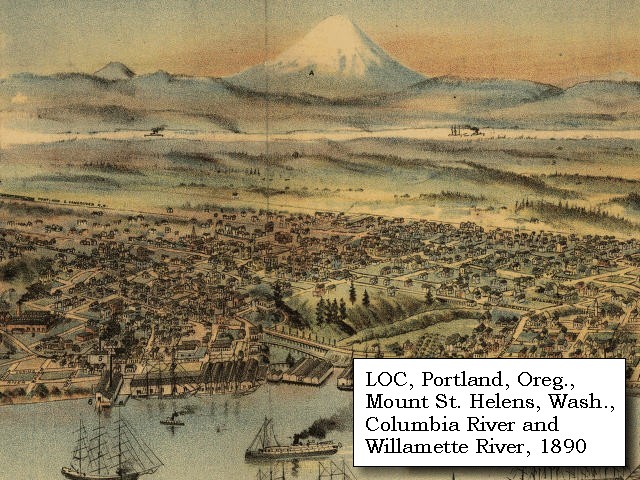1. The length of this constitutes a novella, to me. It’s about 175 pages long, my copy, so it might be a short novel. And as a novella, it covers a lot of ground. There is one jump to buy at the beginning—George Orr’s dreams change reality in the present, and retroactively. From there, all else follows. This is something Pixar does really well, except in Up. What makes their movies so good is also what makes this book good: one logic leap set forth at the beginning, and if you can buy that, the novella unfolds entirely from that leap. This is a pretty common speculative fiction tactic, but Le Guin perfectly accomplishes it here. Once that one disbelief is suspended, it all makes so much sense.
2. In terms of the world-building, there is an awful lot going on. Because each of George’s dreams change reality, the world is constantly being built and rebuilt. Usually this troubles me, as a reader, and is an excuse for a deus ex machina ending, but because of that first logical leap, that prime suspension of disbelief, this change is signposted well and is easy to handle.
3. But the plot is not the point—it's really just some excitement as window dressing to the theme. The point is this battle between the American dream, tied up with objectivism and ego, and the Taoist contentment, linked to balance and acceptance of reality. This theme carries the novel and allows Le Guin’s wonderful cultural criticism to take center stage. To give an example:
That Haber could have thus got out of communication with himself was rather hard for Orr to conceive; his own mind was so resistant to such divisions that he was slow to recognize them in others. But he had learned that they existed. He had grown up in a country run by politicians who sent the pilots to man the bombers to kill the babies to make the world safe for children to grow up in.This is the sort of political, social, and cultural criticism the novel allows for. But it’s all rooted in the contrast and philosophical battle between the two main characters: Orr and Huber.
4. She builds Orr and Huber as characters so well. She builds them through George’s interior monologue and Huber’s exterior ones. She builds them through allowing other characters’ viewpoints to help explain aspects of the characters. She builds them through the way they both dream. She builds them through their actions, inactions, and dialogue as well. But the way she builds them distinctly influences the novel. I understand George as an introvert and huber as an extrovert, and everything they do confirms this. I understand George as balanced and Huber as a shell, and she tells me this as well as shows it. I understand George as content and Huber as ambitious, and every piece of the novel confirms this—even George’s action at the end, the one action of his life. It’s not that George is against confrontation, it’s that he only accepts it as necessary when he sees no other option, when all of his other options have been taken away from him. At the same time, he’s not perfect—his brain takes shortcuts. Each dream brings positives and negatives. And through these negatives Le Guin further examines what makes humans human.
5. The writing is deft and well done. Sure, there are some word choices I would change, but for the most part the writing is enjoyable. It gets out of the way most of the time, but comes to the fore in short, quotable sections that profoundly explain or define the concepts Le Guin sets against each other in this novella:
The end justifies the means. But what if there never is an end? All we have is means.Sure, it could be viewed as trite, but I think this sense of the Tao that Le Guin advocates for here is an interesting and understandable one, and that’s important to me, as a reader.
6. In all, I loved this novella. I’ve now read two books by Le Guin and can’t wait to find more of her work to read and enjoy. I’m wondering if all of her stuff discusses such important things as this and The Left Hand of Darkness do. It does date itself a little by presuming an un-erupted Mt St Helens, but that's to be expected.
.jpg)





No comments:
Post a Comment